Take the First Step For Estimate!
- Accurancy
- Efficiency
- Transparency
- Customization
- Time Saving
- Professionalism
- Cost Control
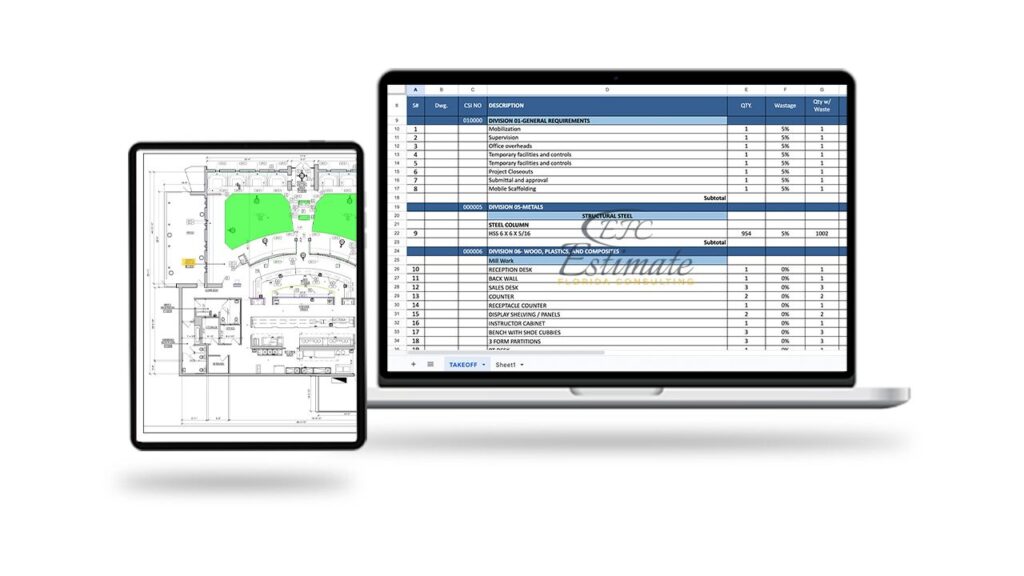
Based on the research for manufacturing plant painting cost estimations in Florida, it’s clear that various factors can significantly impact the overall expenses. If we’re to answer how much it might cost to paint a manufacturing facility, we’d consider both the size of the project and the quality of materials chosen. For general interior painting, prices can range from $1.95 to $5 per square foot, depending on the complexity and the quality of the paint used. Labor tends to constitute 75-80% of the total cost, highlighting the importance of efficient workmanship in managing expenses. Additionally, for more textured or specialized painting needs, costs can escalate to $6-7.5 per square foot
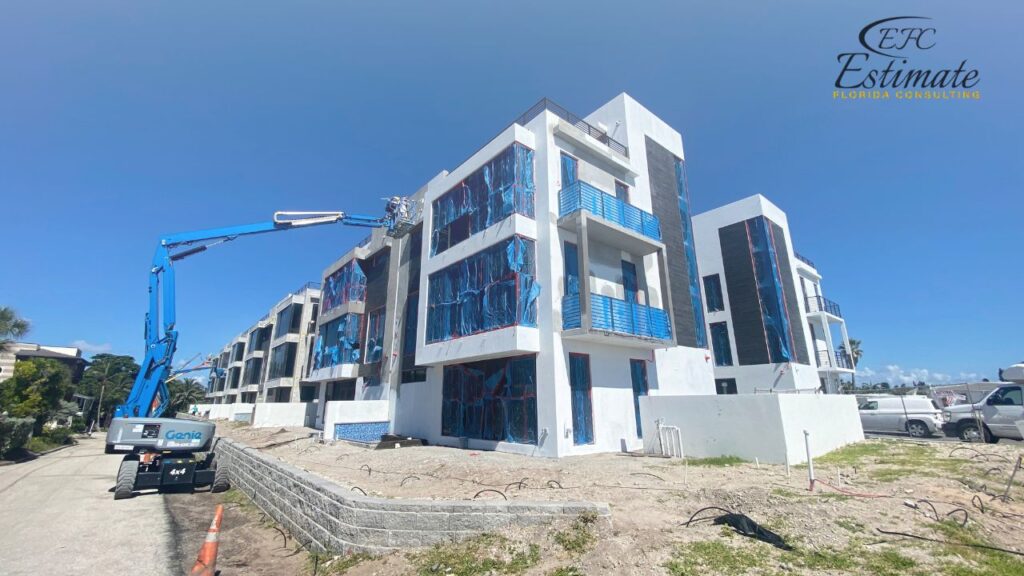

Service Type | Cost Range |
Standard Interior Painting | $1.95 to $5.00 per square foot |
Textured/Specialized Painting | $6.00 to $7.50 per square foot |
Labor Percentage of Total Cost | 75-80% |
Project Aspect | Cost Consideration |
Painting Large Manufacturing Facilities | $2.00 to $2.20 per sq ft for 2400 sq ft+ |
High-Quality Primer and Paint | Increases costs to $3.75 to $5.00 per sq ft |
Additional Services (e.g., Texturing) | 50% more, around $6 to $7.5 per sq ft |
Hourly Rate for Professional Painters | $30 to $50 per hour |
DIY Painting Savings | 50-60% off professional painting costs |
Lead Paint Testing and Removal | Testing: $350 to $500; Removal: $8 to $15 per sq ft |
Small Room Painting | $450 to $650 for standard-sized rooms |
Before initiating the painting cost estimation process, a thorough understanding of the project’s scope is essential. This includes assessing the size of the manufacturing plant, the types of surfaces to be painted, and any specific coating requirements for durability and protection. The scope also extends to surface preparation needs, as the condition of the substrate plays a vital role in determining the success and longevity of the paint application.
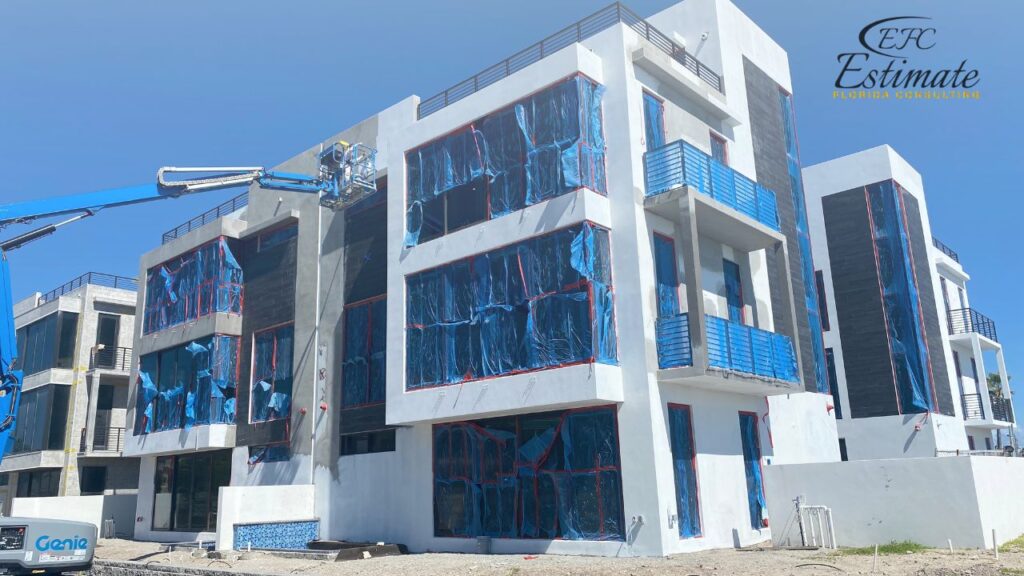
Several variables contribute to the overall painting costs for manufacturing plants. The type and quality of paint selected, the extent of surface preparation required, labor expenses, equipment rentals, and any specialized coatings or treatments all play a significant role. Additionally, factors such as the plant’s location, environmental conditions, and accessibility can impact the overall cost estimation.
Manufacturing plants often require specific types of paint and coatings tailored to their unique needs. This includes:
Surface preparation is a critical facet that significantly shapes the overall costs of painting projects in manufacturing plants. This multifaceted process encompasses essential tasks such as cleaning, sanding, and repairing surfaces to establish an optimal foundation for paint adhesion. The extent of preparation required hinges on the current condition of surfaces, playing a decisive role in determining labor costs and the quantity of paint essential for a successful application. A meticulous approach to surface preparation ensures not only the aesthetic appeal of the final paint job but also its longevity and effectiveness in protecting manufacturing plant structures.
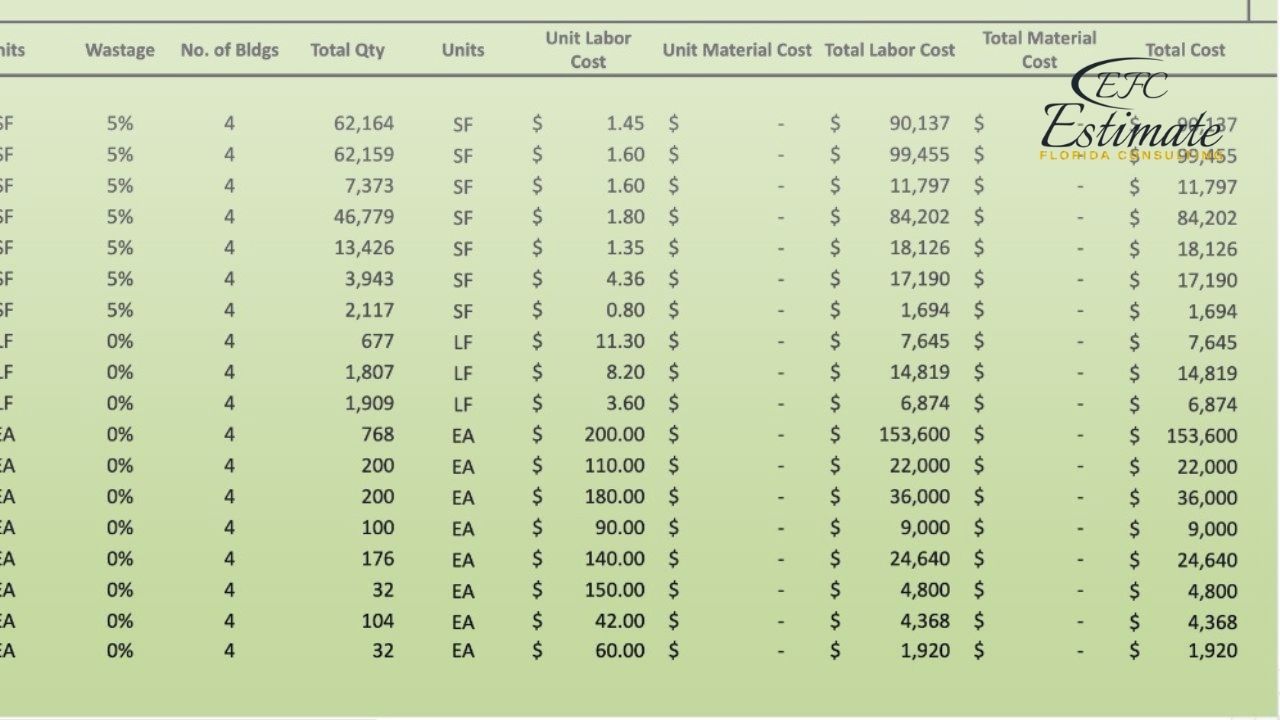
ZIP Code Based Estimate
Highly Accurate
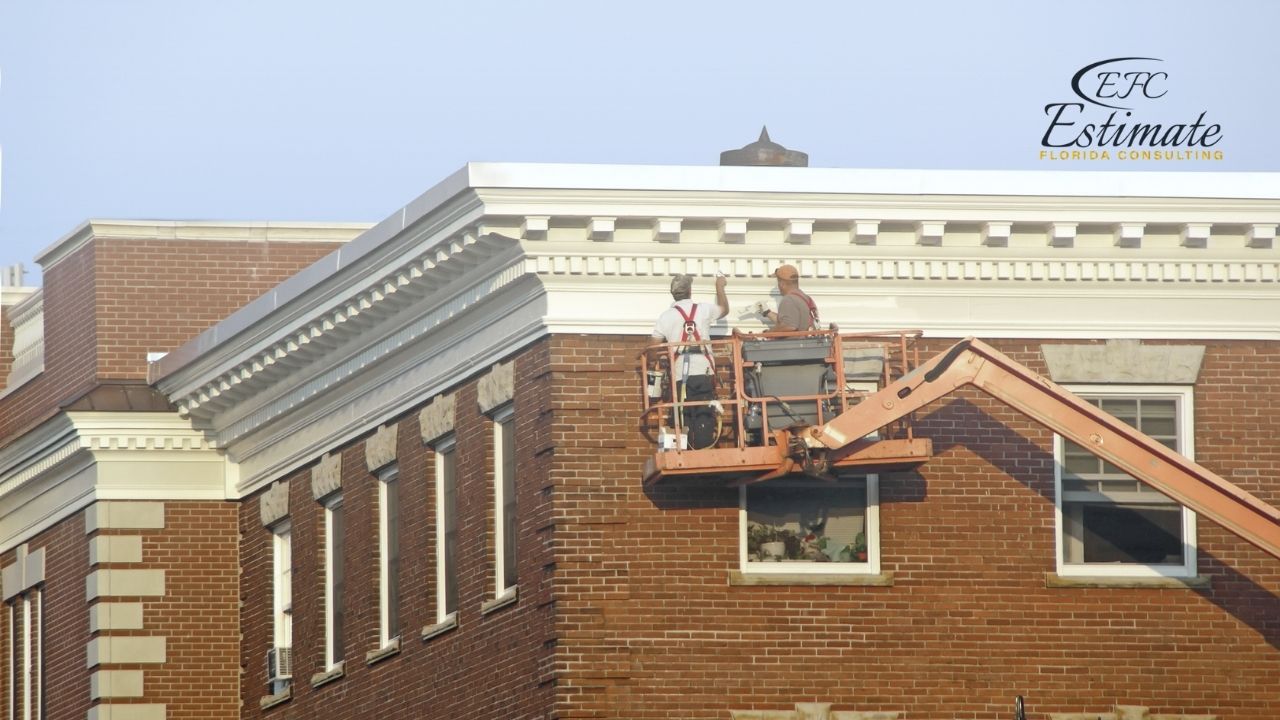
Fully Insured License Hire Sub-Contractor For Manufacturing Plant Painting
Hire Contractor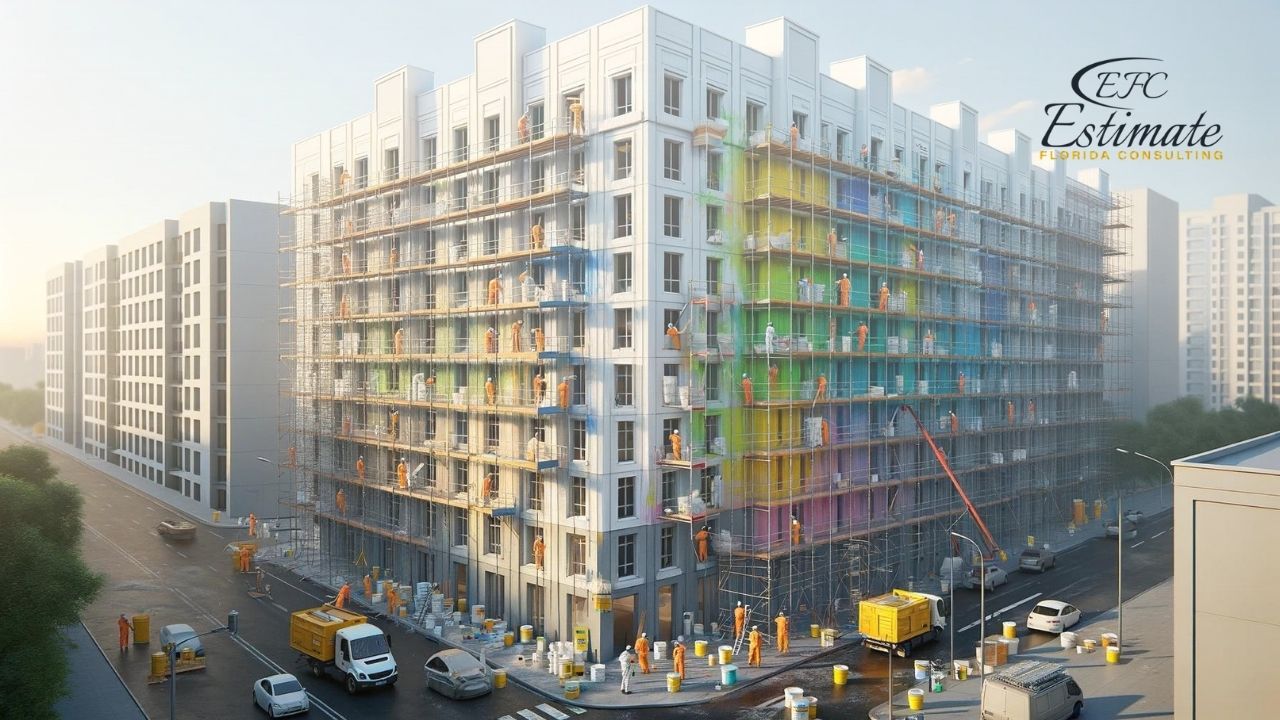
Make Informed Design Decisions Showcase Your Design Ideas
Get RenderingWithin the realm of painting projects, labor costs encapsulate the expertise of skilled painters versed in the specific demands of industrial applications. Estimators must navigate various factors, including the intricacy of surfaces, the necessity for specialized skills, and the time required for completion. Thorough consideration of potential overtime and additional labor-related expenses is essential for a precise cost projection. The artistry of skilled labor is particularly crucial in ensuring the quality and durability of the paint job, making an accurate assessment pivotal for effective budgeting and project planning.
Painting manufacturing plants demands a specialized arsenal of equipment and tools. Estimators must meticulously calculate the costs associated with paint sprayers, scaffolding, safety equipment, and any machinery essential for surface preparation. Additionally, factoring in rental fees, maintenance costs, and transportation expenses for these items provides a comprehensive overview of the equipment-related expenditures involved in the estimation. This meticulous consideration ensures that the necessary resources are budgeted for, contributing to the efficiency and effectiveness of the painting project.
The environmental conditions surrounding a manufacturing plant exert a notable influence on painting costs. Extreme temperatures, humidity levels, and exposure to pollutants can necessitate additional measures or coatings, impacting both material and labor costs. Adapting painting projects to environmental nuances ensures that the chosen coatings can withstand the specific challenges posed by the plant’s surroundings, contributing to the longevity and resilience of the painted structures.
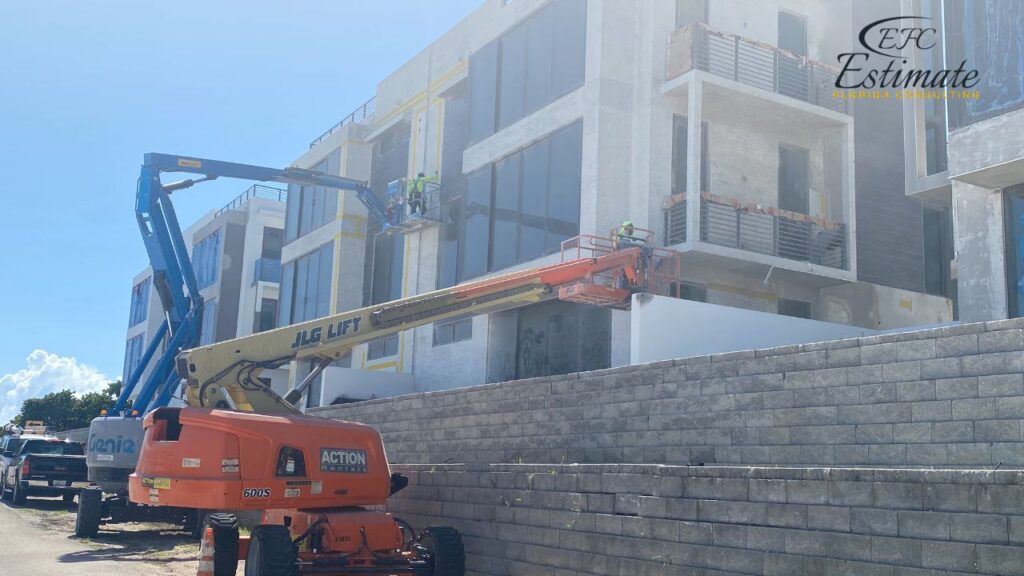
Similar to construction projects, painting endeavors generate waste, and unforeseen challenges are inherent in the construction process. Allocating a percentage of the cost estimate for waste and contingency serves as a prudent approach, providing financial flexibility to address unexpected expenses. This safeguarding strategy ensures that the budget remains resilient in the face of uncertainties, contributing to the overall success of the painting project.
Remaining attuned to local market conditions is an indispensable aspect of accurate cost estimation. Fluctuations in paint prices, the availability of skilled labor, and market trends can significantly influence overall project costs. Regularly updating cost estimates based on market dynamics allows for adaptability to changing economic conditions, enabling precise budget planning and financial management for manufacturing plant painting projects.
Embracing technological advancements in paint formulations and application methods can revolutionize the efficiency and cost-effectiveness of a painting project. Utilizing advanced coatings that require fewer layers or implementing innovative application techniques contributes to cost optimization. Staying abreast of technological developments empowers estimators to integrate cutting-edge practices, enhancing project outcomes while optimizing costs in the dynamic landscape of manufacturing plant painting.
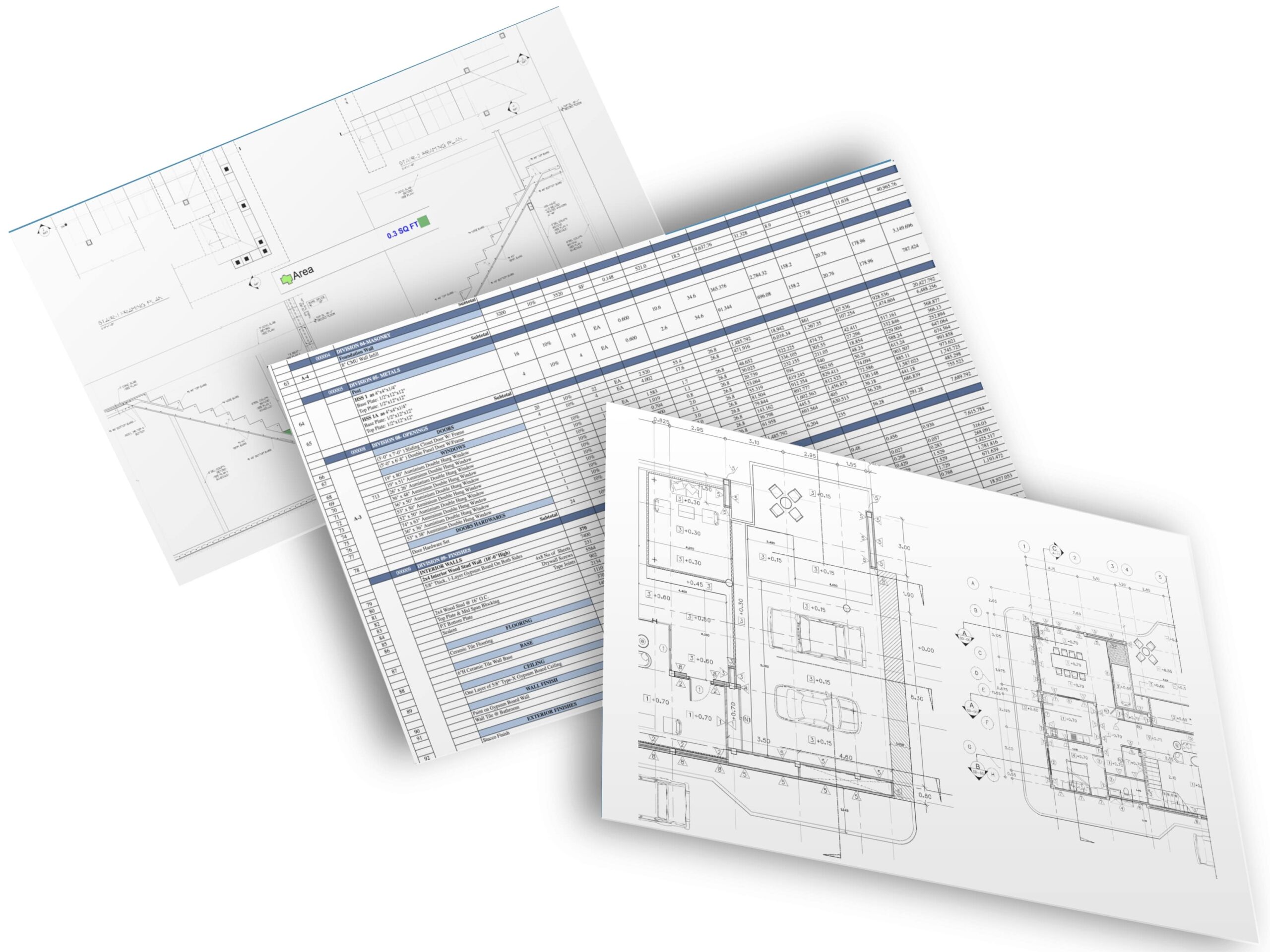
Estimating painting costs for manufacturing plants involves a nuanced understanding of various factors, from surface preparation to the selection of paint types and environmental considerations. A comprehensive approach that considers the scope of the project, types of coatings, labor and equipment expenses, and environmental factors ensures a more accurate cost projection. By integrating technological advancements and staying informed about market conditions, businesses can optimize painting costs, enhance the durability of their facilities, and achieve a visually appealing and well-protected manufacturing environment.
Several factors contribute to painting costs, including the type and quality of paint, surface preparation requirements, labor expenses, equipment rentals, and environmental considerations. The location, accessibility, and scope of the project also impact the cost estimation.
The choice of paint or coating depends on factors such as the surfaces to be painted, specific durability requirements, and environmental conditions. Primer coats, epoxy coatings, high-performance coatings, and specialty coatings cater to different needs, offering protection against corrosion, chemicals, UV rays, and more.
Surface preparation is crucial as it directly influences the success and longevity of the paint application. Tasks like cleaning, sanding, and repairing surfaces create an optimal foundation for paint adhesion. The extent of preparation required affects labor costs and the quantity of paint needed.
Labor costs encompass skilled painters who understand industrial applications. Estimators consider factors like surface complexity, the need for specialized skills, and the project’s duration. Accounting for potential overtime and additional labor-related expenses ensures a more accurate cost projection.
Painting manufacturing plants demands specific tools and equipment, including paint sprayers, scaffolding, safety gear, and machinery for surface preparation. Estimators calculate costs associated with rental fees, maintenance, and transportation to provide a comprehensive overview.
Extreme temperatures, humidity levels, and exposure to pollutants can necessitate additional measures or coatings, influencing both material and labor costs. Adapting painting projects to environmental nuances ensures that chosen coatings withstand specific challenges, contributing to longevity.
Similar to construction projects, painting endeavors generate waste, and unforeseen challenges may arise. Allocating a percentage for waste and contingency provides financial flexibility to address unexpected expenses, safeguarding the success of the painting project and ensuring budget resilience.
Here I am going to share some steps to get a manufacturing plant painting cost estimate report.
You can send us your plan on info@estimatorflorida.com
Before starting your project, we send you a quote for your service. That quote will have detailed information about your project. Here you will get information about the size, difficulty, complexity and bid date when determining pricing.
Our team will takeoff and estimate your project. When we deliver you’ll receive a PDF and an Excel file of your estimate. We can also offer construction lead generation services for the jobs you’d like to pursue further.



561-530-2845
info@estimatorflorida.com
Address
5245 Wiles Rd Apt 3-102 St. Pete Beach, FL 33073 United States
561-530-2845
info@estimatorflorida.com
Address
5245 Wiles Rd Apt 3-102 St. Pete Beach, FL 33073 United States
All copyright © Reserved | Designed By V Marketing Media | Disclaimer